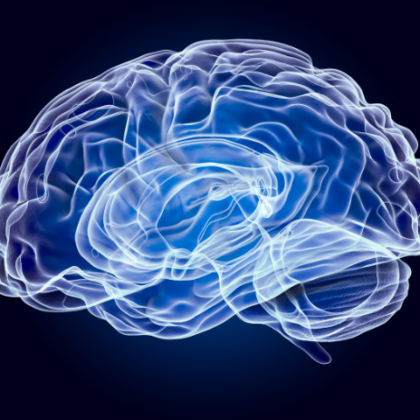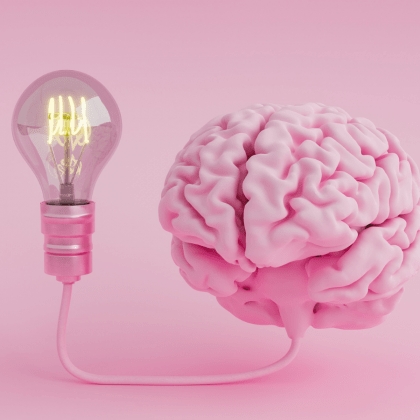Daya Somasundaram and more · 2 November 2023
War doesn't merely result in physical devastation. The mental and emotional aftermath, particularly from modern warfare that targets civilians, is profound. Civilians suffer alongside combatants, facing deaths, injuries, chronic disability, multiple displacements with uprooting of whole communities, loss of homes, destruction of essential services, infrastructure and environment. These traumatic experiences lead to a wide range of mental health issues, from depression, anxiety, PTSD, and substance abuse to family and collective trauma impeding personal and community recovery.























































































